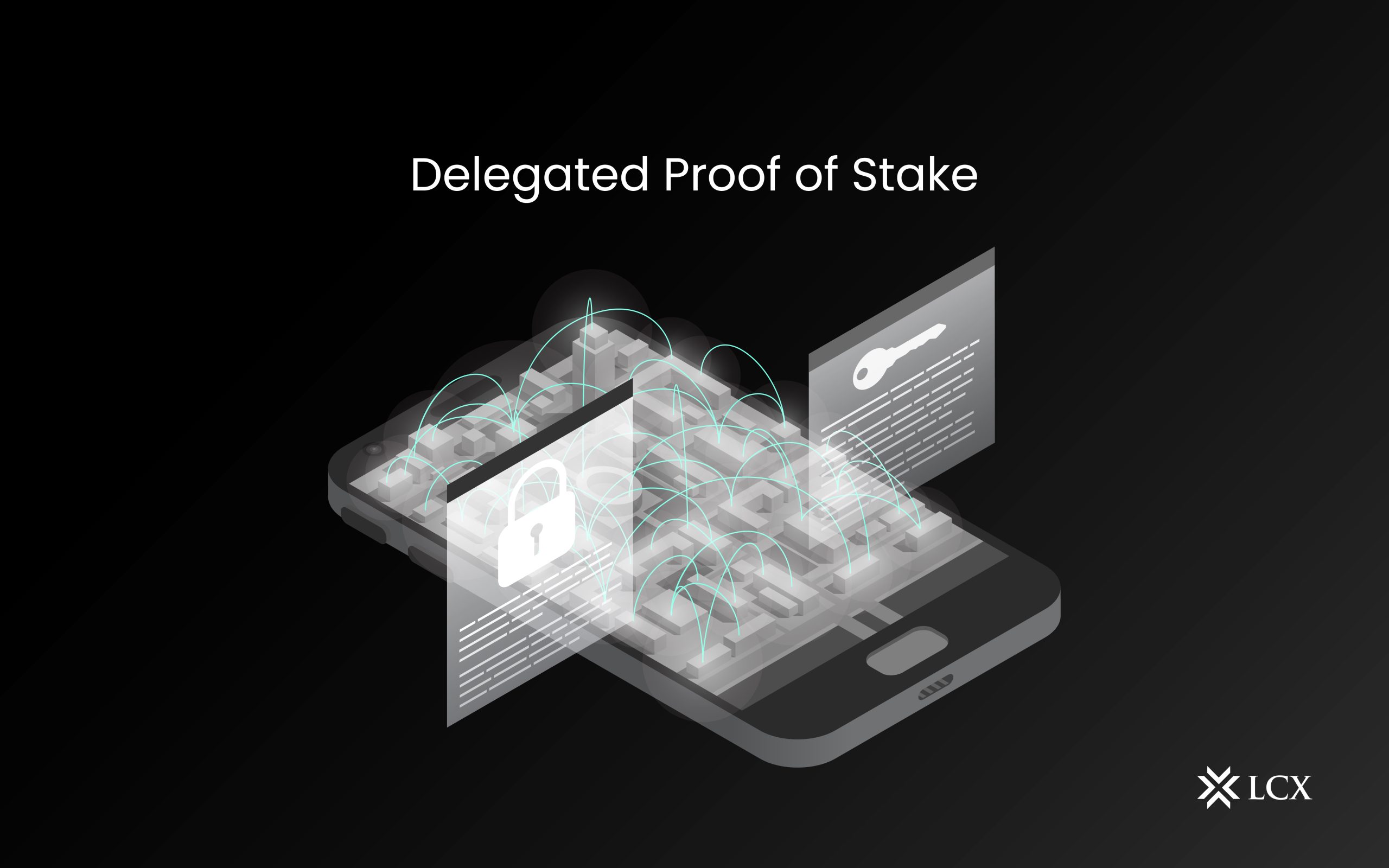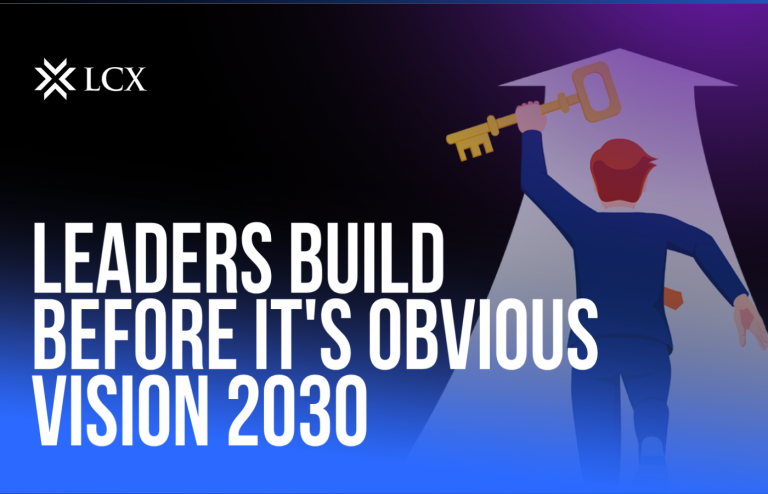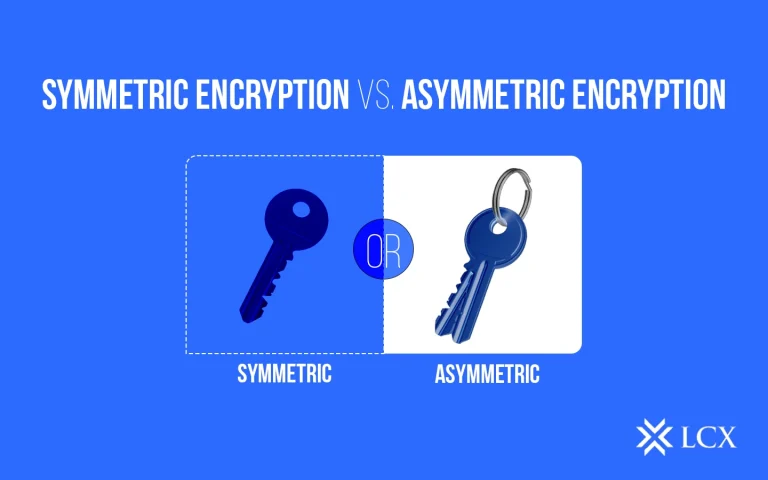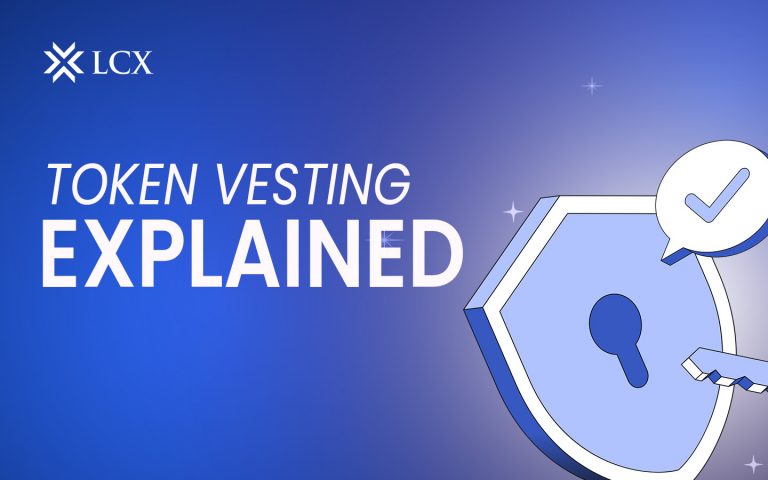DPoS is a famous development of the Proof of Stake (PoS) concept, in which network users elect and vote delegates to legitimize the following block. They are sometimes referred to as block producers or witnesses.
Utilizing DPoS you may vote for delegates into a stake pool by tokens pooling and associating them with a specific delegate. In a staking pool to stake your token, you can use a service provider rather than physically transferring them to a different wallet.
The majority of protocols select between a number of delegates for every fresh block, therefore, one block delegate might not have been the delegate of the following. Elected delegates obtain the transaction costs from the reliable and valid block, which are then distributed to the users whose tokens have been pooled in the delegate’s pool. The greater your wager, the more your share of the reward. The rewards are distributed proportionally to each user’s stake; therefore, in case your stake symbolizes five percent of the overall balance of staking, you will obtain 5% of the block reward.
DPoS is currently utilized by a number of blockchains, containing EOS, Cardano, and TRON.
As per its promoter, DPoS is a very popular method for determining who confirms the subsequent block, enabling a much more group of individuals to take part in the procedure due to its reliance on reputation earned as a legal stakeholder rather than total wealth. Furthermore, due to the restricted amount of validators, DPoS enables the network to form a consensus faster.
Continuation of testing and investigation of PoS algorithms, along with delegated PoS. Such an idea has demonstrated enormous potential for enhancing the performance, speed of transactions, and utilization of protocols, which is required for more organization applications as the industry seeks to disrupt plenty of complicated markets. The transition from Proof-of-Work to Proof-of-Stake consensus mechanisms is a turning point moment for blockchain, also PoS will probably become the prominent consensus mechanism in the long term.
How Does DPoS Function?
There are numerous elements of delegated proof of stake that enable the technology to validate transactions effectively and efficiently. Even though proof of stake and proof of work are currently utilized by a greater number of blockchains, stake-delegated proof is created to address the majority of the constraints that plague PoS and PoW.
This consensus algorithm is sustained by a distinctive election system that chooses nodes that are capable of validating blocks. Most delegates are elected based on their reputation. Every user who actually owns one coin on the DPoS blockchain has the ability to vote for the nodes they desire to validate transactions. Before utilizing a DPoS blockchain, it is strongly advised that you comprehend every aspect of this system and how consensus is reached.
Voting Stake-delegated evidence contains a crucial voting component. Voting users must select various nodes in order for them to be chosen for the transaction authentication process. Although each DPoS network does have its own voting system, the vast majority of systems allow DPoS consensus users to vote straight or delegate their voting power to whomever.
The nodes in which they cast their votes are known as witnesses. These witnesses can validate transactions and create blocks. In the event that every transaction in a single block is validated, witnesses get a unique reward that can then be distributed to all those who voted for them.
If the selected witness fails to authenticate each transaction within the time allotted, the block is skipped, which implies that none of the transactions are validated and the witness receives no reward. In the majority of instances, the reward that a witness might have earned is added to the compensation that the subsequent witness obtains if they authenticate every transaction. This indicates that the block has been stolen.
Witnesses
As stated previously, witnesses are in charge of protecting and legitimizing the blockchain. Even though a user does not need cryptocurrency to become a witness, they must acquire sufficient votes to be elected. If a witness confirms a transaction, it will be entered into a ledger. The overall number of witnesses per server can range between 21 and 101. Even though it is possible for a witness to exclude certain transactions from a block, they cannot alter the transaction’s data.
Remember that the voting process is ongoing, which implies that witnesses can be voted out even if voters think that another individual is more reliable. If there are numerous applicants for the role of witness, there may be considerable competition. In this instance, reputation may be crucial in deciding who is voted in and who is not.
Transactional Period
The stake-delegated proof transaction time is the amount of time required to process the transaction. Even though DPoS is intended to be a more efficient technology than PoS and PoW, the transaction should be completed in less time. Nevertheless, transaction times vary between stake-delegated proof networks.
For instance, the TRON network uses DPoS and has an approximate one-minute transaction time.
Twenty confirmations are needed for a TRON transaction to be completed. When one block is positioned chronologically after another, 2 verifications occur. TRON necessitates that 20 distinct conformations occur within one minute. The approximate transaction time for USD Coin, which employs a PoS consensus mechanism, is 5 minutes.
Delegates
Delegates are elected by user vote. A delegate may propose modifying the size of a single block or the number of witnesses compensated for validating blocks. If a delegate suggests modifications, the blockchain’s users vote on whether or not to adopt these modifications.
Validators
Block validators are full nodes that can verify that blocks designed by various witnesses abide by consensus regulations. The only requirement for a user to become a block validator is to operate the validator and authenticate the network. In contrast to being a witness, there is no monetary incentive for validators.
Delegated Proof of Stake, a stake-delegated proof technology, is one of the most efficient consensus systems available. In addition to consuming very little energy than PoW systems, DPoS systems require less time than PoW systems.
Consensus algorithms are the foundation of all blockchain networks. Using the appropriate algorithm guarantees that transactions are affirmed rapidly and securely. DPoS offers viable networking solutions at a moment when faster transaction speeds, reduced energy usage, and network security are becoming paramount concerns for all blockchain protocols.









